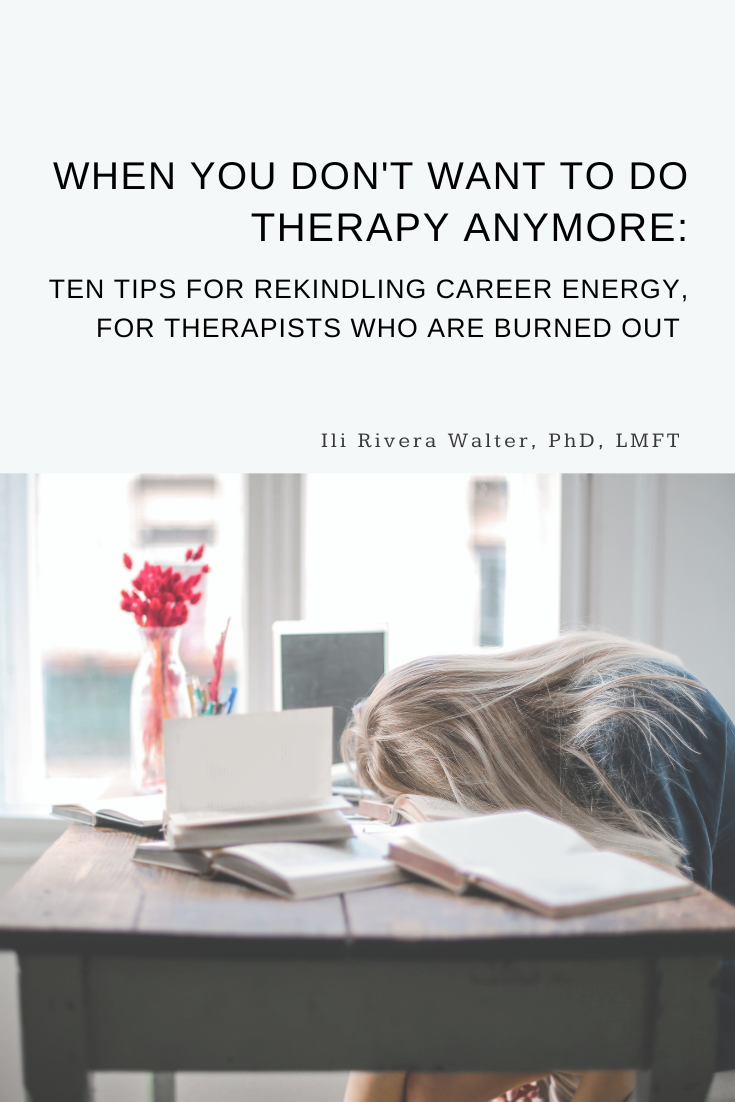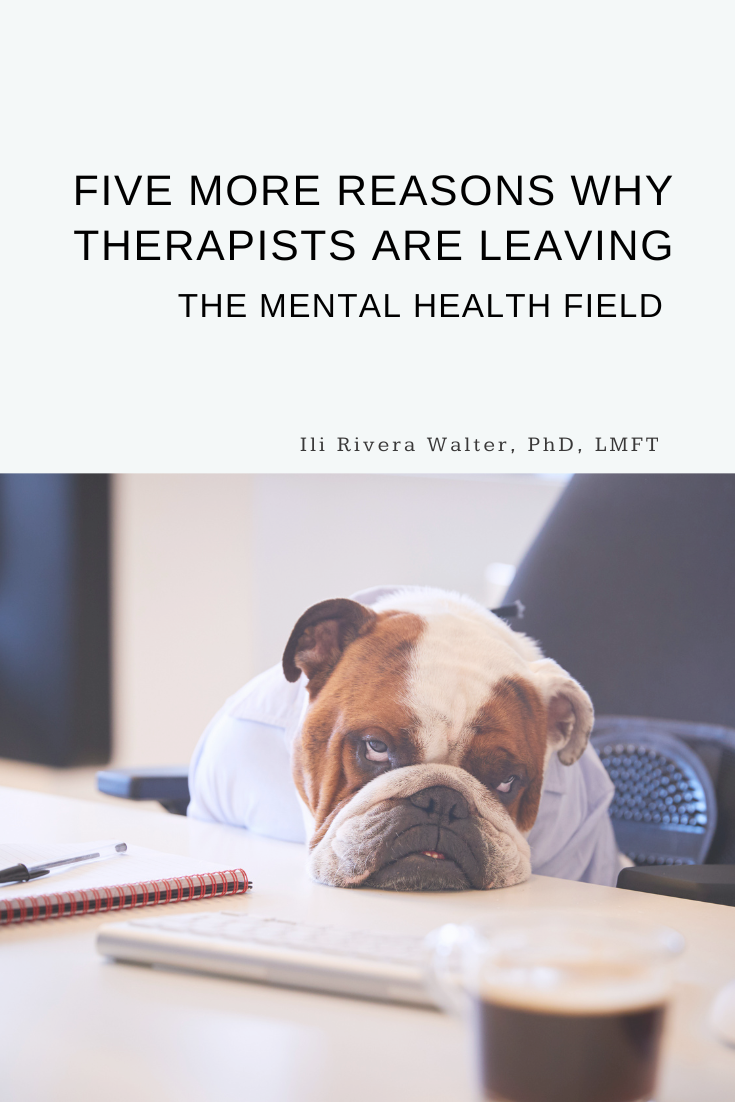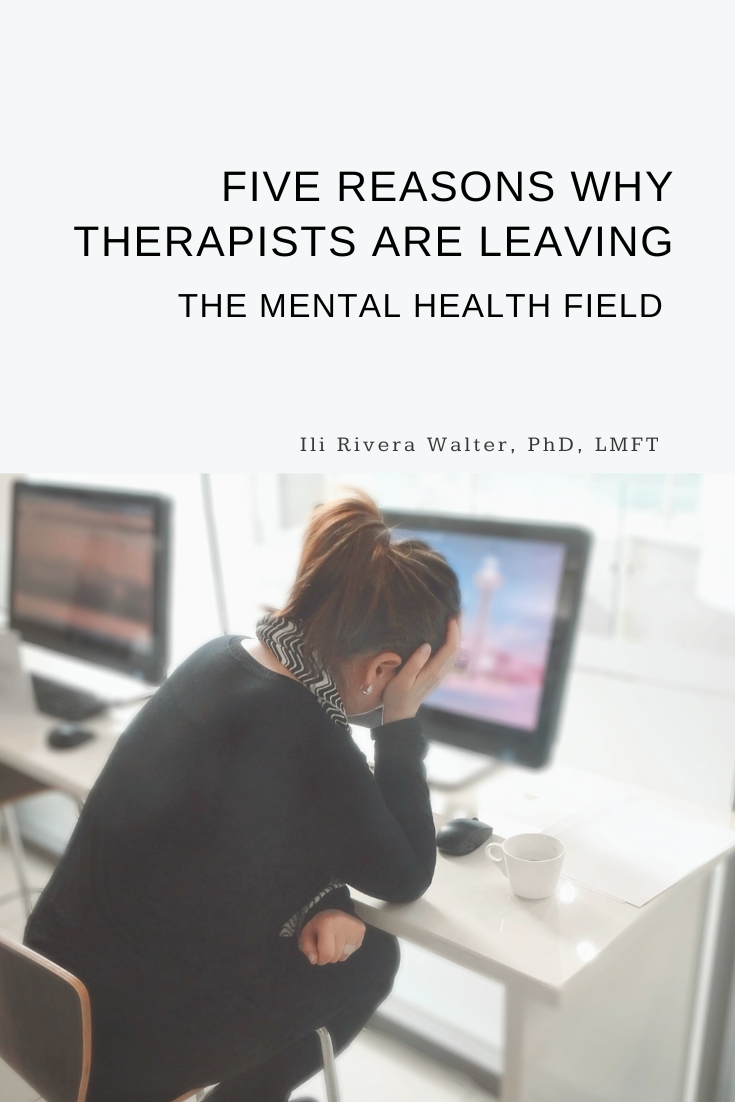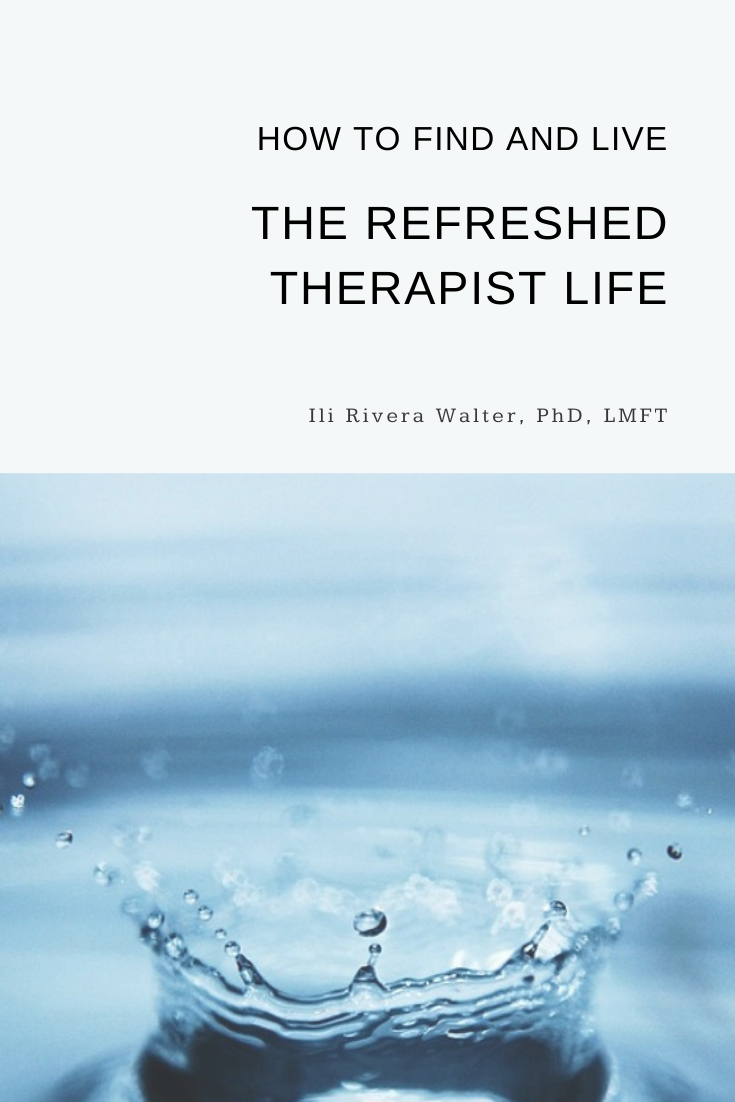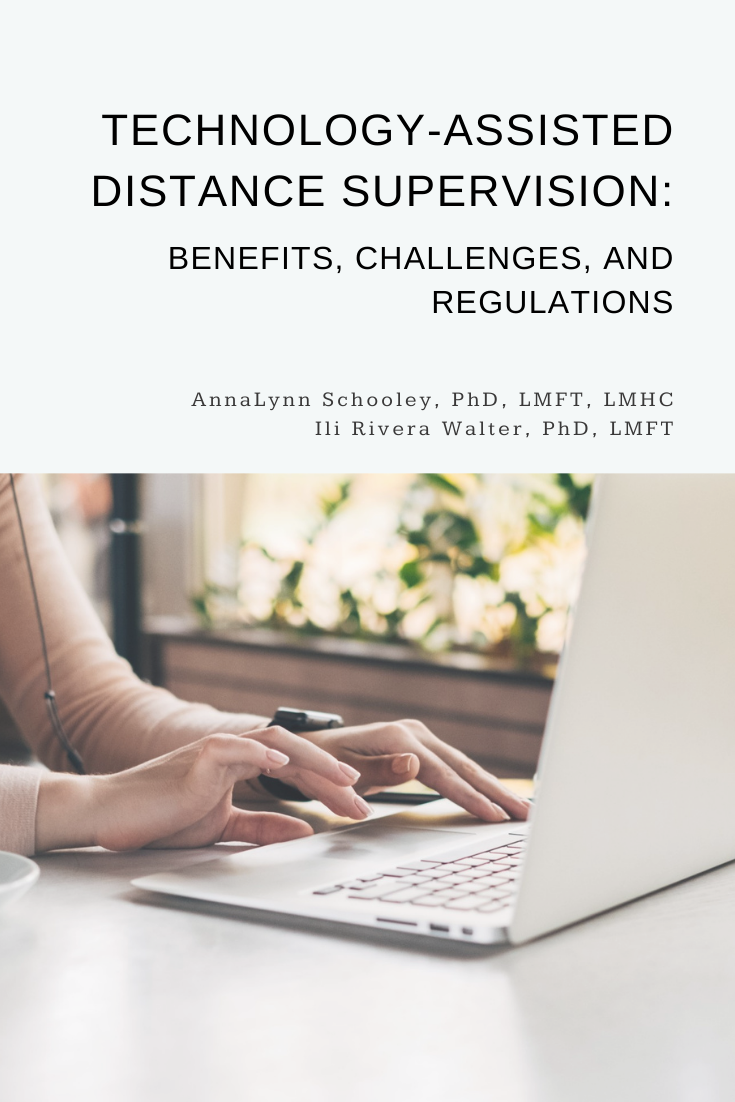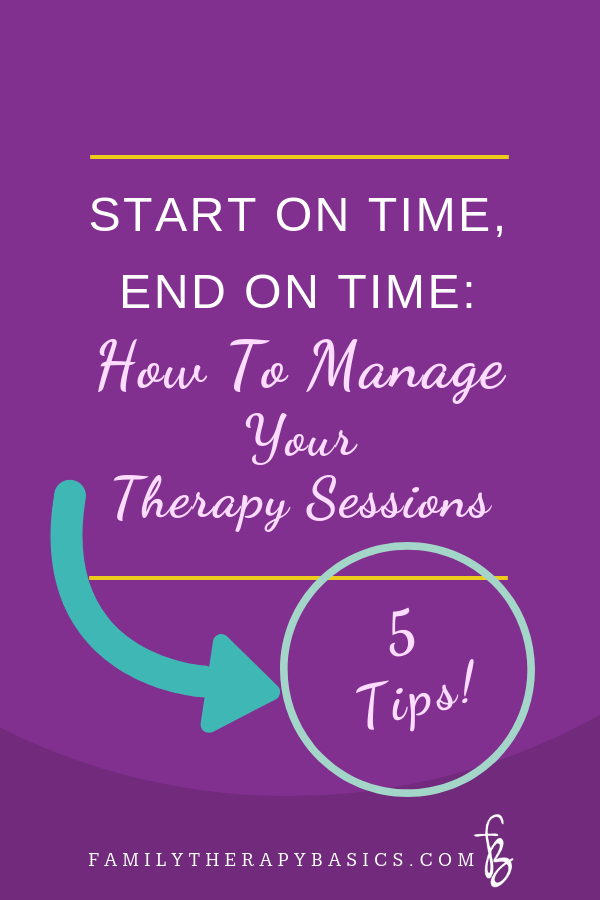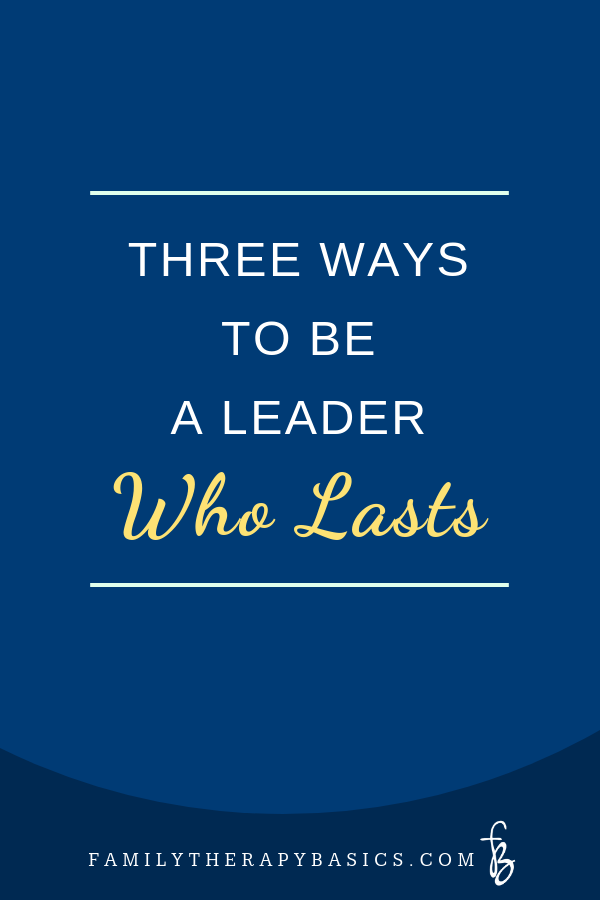Preface: This article is written for my target audience, therapists (hence the title); however, it may be relevant to you no matter your profession.
Most of us therapists are driven by a sense of duty and care--a drive to help others. The root of this duty, this drive, is different for all of us. Perhaps we sensed our emotional lives were more complex than those around us as children, we find ourselves fascinated by others’ life stories, or we feel compelled to relieve others’ pain. Whatever our motive for becoming therapists, being a therapist is not our purpose. In this post, I cover the reasons why our work is not our purpose, and I tell you how I discovered this for myself.
My Story
As a young child I was fascinated by people’s life stories and personal perspectives. I asked constant questions and informally interviewed all of my family members whenever we spent time together. For a time, I asked so many questions (usually beginning with “I was wondering . . .”) that my Dad started calling me “Wonder Woman.”
I didn’t know what I wanted to be when I grew up, but I knew that I was fascinated by people and tortured by their misfortune. It wasn’t until my mid twenties that I narrowed down my two potential careers to secondary education or counseling.
For much of my young adulthood I was obsessed with finding my “purpose.” I wanted to know what one thing I was meant to do with my life. Of course, now I know that was a futile search. I understand now that my purpose is much bigger than any one profession. If I were to articulate my purpose, it would be “to help people become aware of, address, and change the things that hold them back, so that they can move forward.” Now, clearly, this is a vague purpose, but, what’s significant is that it is also not everyone’s purpose.
It’s very easy for therapists, and anyone, really, to equate their profession to a life’s purpose. I won’t say that being a therapist isn’t a calling, because there are a host of qualities and skills necessary for being the type of person that can do therapy. But, it isn’t the calling.
What do I mean by the calling? Well, I always knew, deep down somewhere, my life was meant for one all-encompassing purpose. Maybe you are called to listen and be a witness, to prevent violence, to communicate acceptance, or to promote love and peace. These are all big, abstract purposes; they are also examples I concocted right this moment. Regardless, my point is that our one purpose can be carried out in a number of different ways--different professions, even--throughout our lives. We can fulfill our purpose as therapists, teachers, speakers, writers, artists, actors, and the list goes on. Being a therapist is one way in which I heed my purpose.
This is why losing our creativity, our passion, and our ability to listen to ourselves is such a tragedy, and we therapists (well, we humans) should fight against this at all costs. You see, our profession, and our ability to serve others and live out our one purpose is dependent upon our ability to listen to how it wants to be carried out. If we believe that it is only meant to be carried out in one way, then we won’t hear the options or the changes that are meant for us. The way in which we live out our purpose right now is temporary. It is a “for now” responsibility.
Why Does this Matter?
Well, it matters because you are a therapist now, but, who knows? Maybe in 10 years, you’ll be writing a book on an experience you’ve not yet had. Maybe, you’ll be traveling around the world. Maybe you’ll be giving a TED talk. I had a private practice not too long ago, then life changed, and now I coach other therapists. It’s perfect work for me and who I am right now. Whatever you are doing in 10 years, if you’re listening to your purpose, will be the way in which you are living out your purpose at that time. This matters, because we cannot get lost in the carrying out--in the profession, or the activities. We must be able to listen, so that the carrying out can change, as needed. Our purpose, our community, and our best future depend on it.
What Is Your One Purpose?
I am not promoting that you try and figure out your “one purpose,” if you don’t already have a sense of it. I don’t think this pursuit is worthwhile, because it leads people to believe that something is missing, and they must go find it. Most likely, you are already living out your purpose in a variety of ways, and maybe you aren’t yet able to articulate it. That’s ok. Making observations and following goals are active ways to engage with yourself, as opposed to the nebulous path of “finding your purpose.”
Your purpose isn’t revealed to you all of a sudden; it is woven into you. This is what I didn’t understand as a young adult. My purpose has always been with me; your purpose has always been with you. You don’t need to go find it. You just need to make room for it. To follow the metaphor: Invite it to dinner; allow it to work next to you at your desk; ask it questions--acknowledge it. Soon, you will hear it. It will speak loud and clear. All you need is to be attuned. As therapists, we know how to do that.
How We Get Lost
Many of us lose our way, ignore our inklings, and end up lost. How does this happen? We follow the wrong messages. We give heed to fear, professional traditions, and comfort. We follow money, acceptance, and prestige. I admit, not doing these things takes effort, practice, and commitment; not getting lost is a nice idea, but it’s easier said than done. The good news is, you can begin practicing at any time.
The Lost Therapist
Being a therapist can be tough, and if we get wrapped up in the doing we can miss the being. What I mean is, if we get too busy with professional responsibilities and tasks (which is easy to do as a therapist), then we can lose sight of our purpose, and how our current work helps us live it out. If you feel a little lost, and after trying to hear your purpose, or see it in your work, you are still struggling, then it may be time to make some shifts. Start by asking some basic questions, such as:
How does my current work align with what I know is right for me?
How does it fit with my values and priorities?
How does it allow me to flow in my purpose?
What about my current work energizes me?
What about my current work drains me?
If I could make changes to my current work responsibilities, what would I eliminate, and what would I keep?
What were my favorite activities when I was 10 years old?
Why were they my favorite activities?
Are these aspects present in my current work?
What do the answers to these questions teach me about myself and my preferred work?
Let's Chat
What stood out to you, from this post?
How are you ensuring your work aligns with your desires?
Resource
A wonderful book that addresses the meaning of work, as well as work as a fulfillment of one's calling, is Thomas Moore's A Life at Work.




